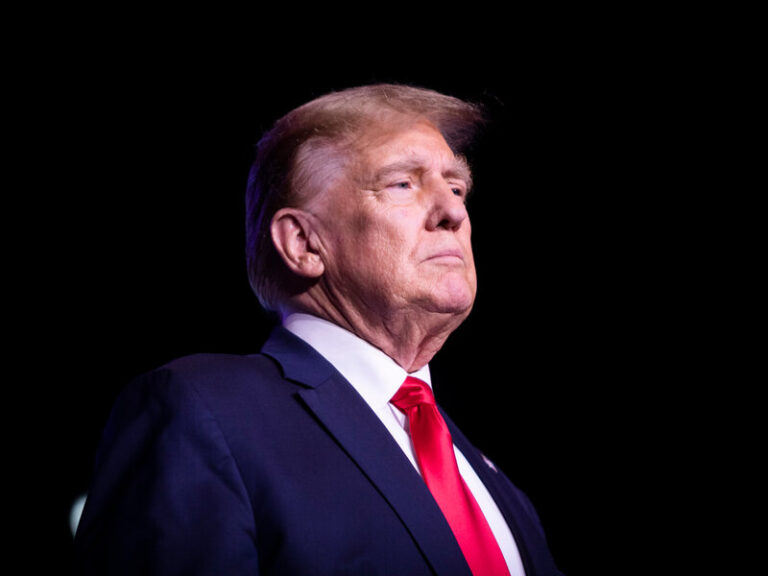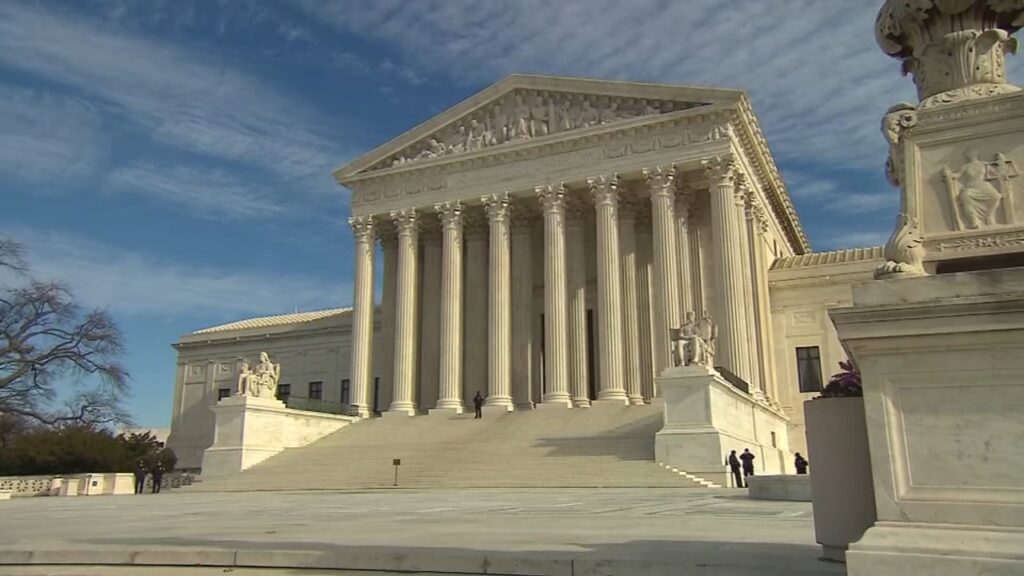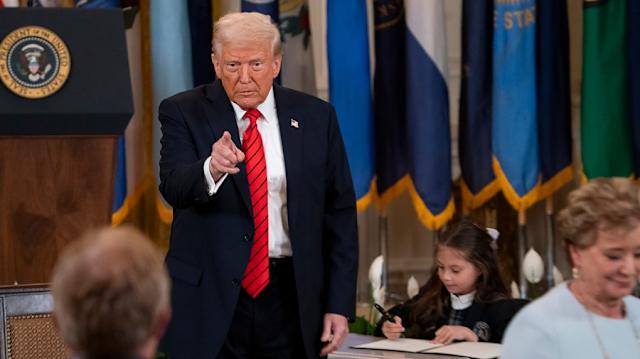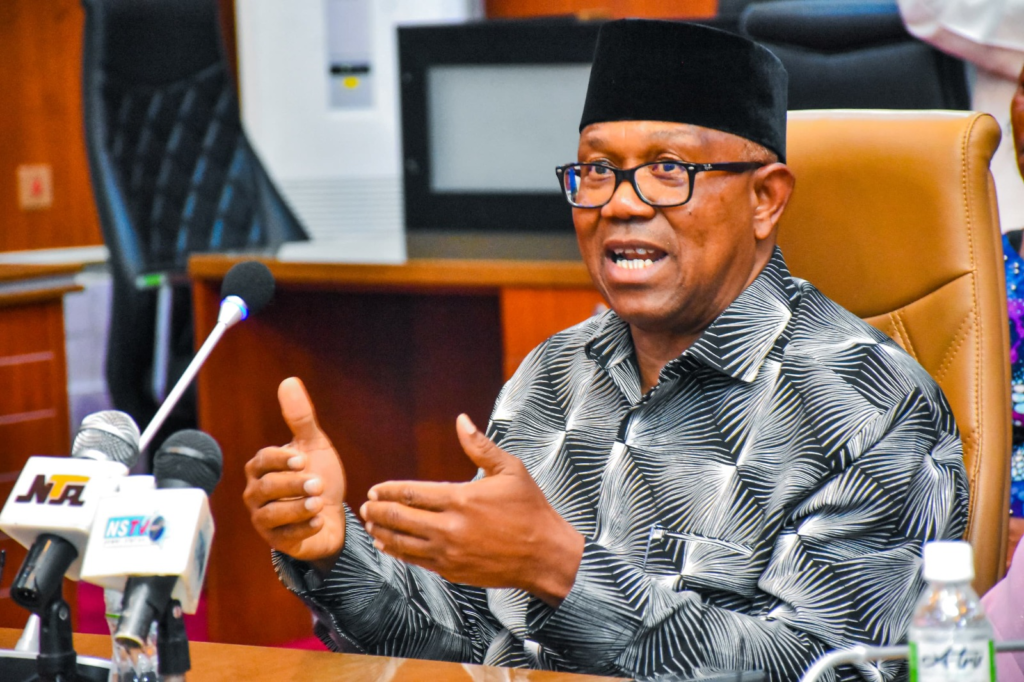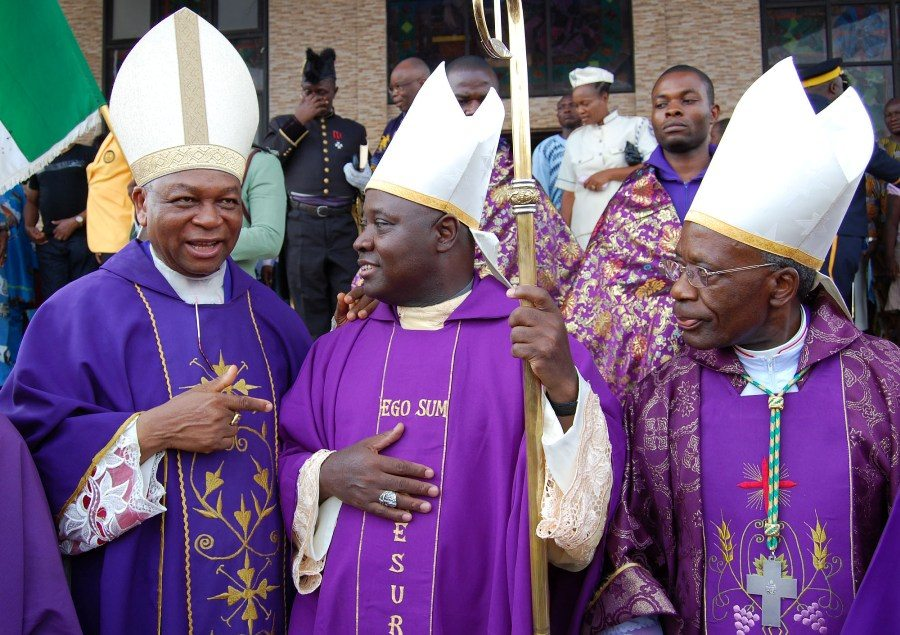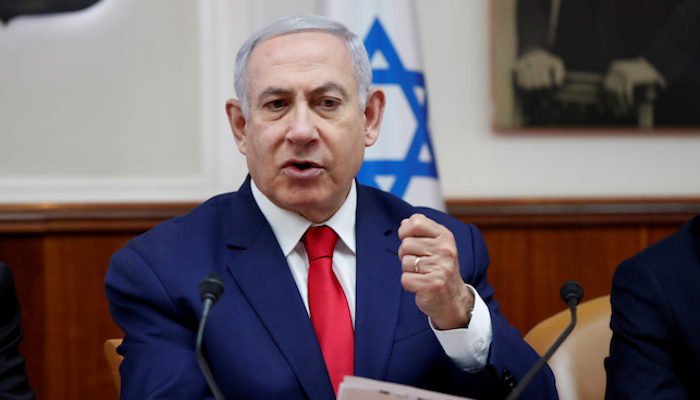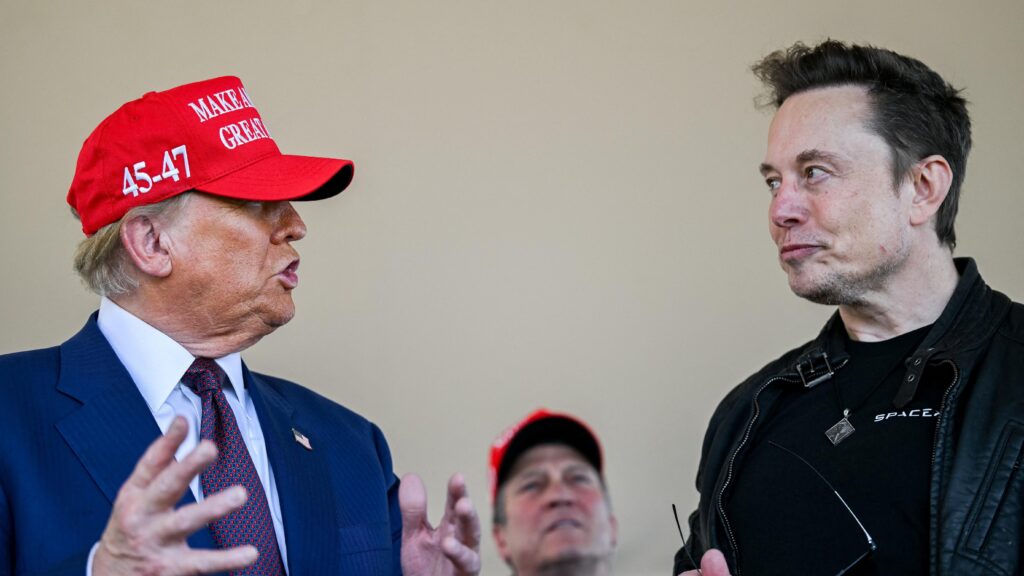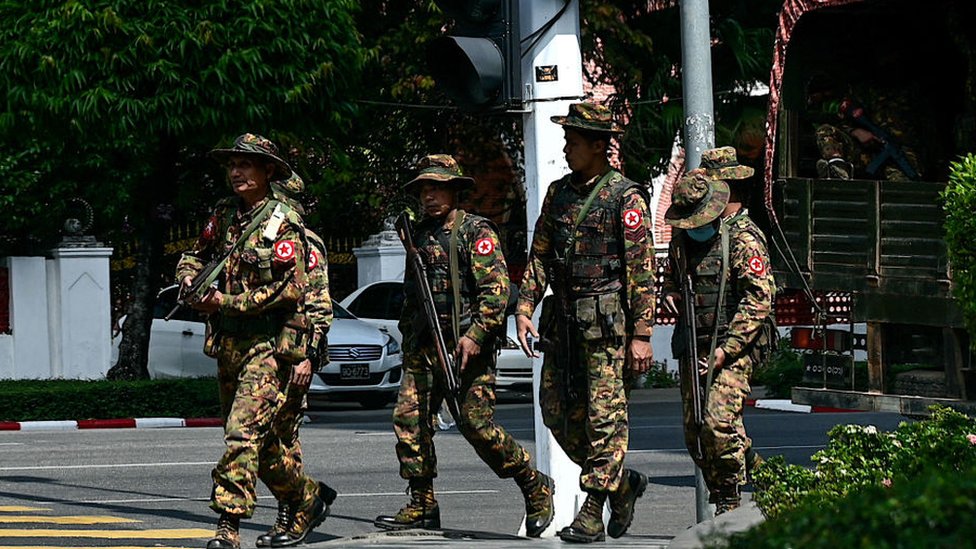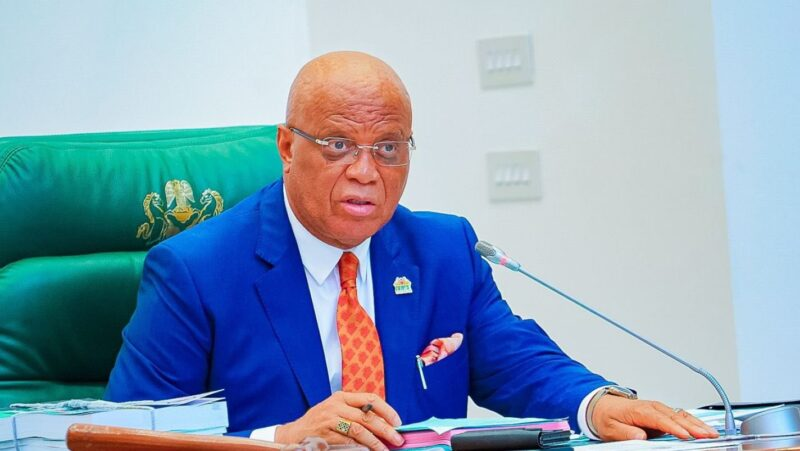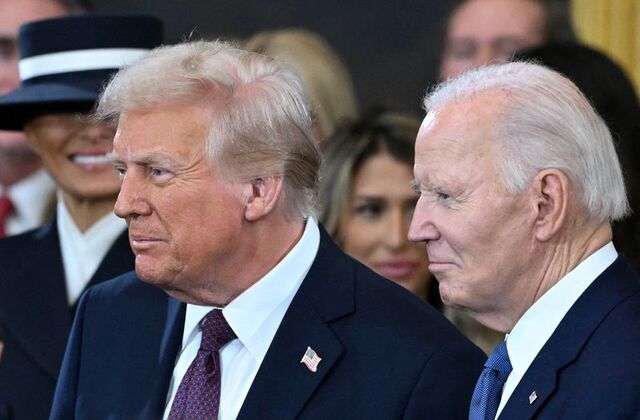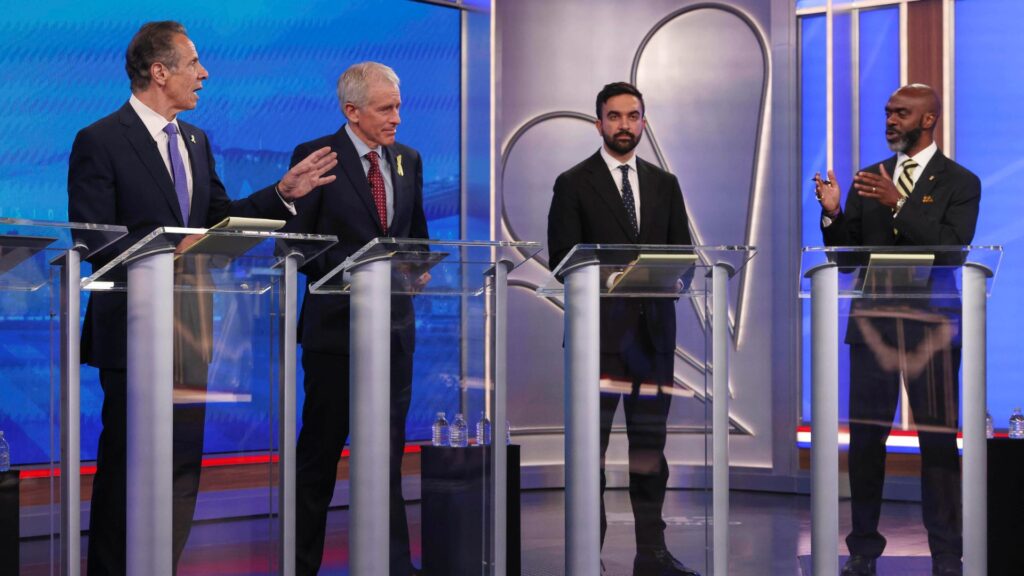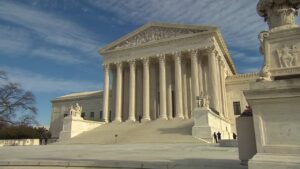The Supreme Court has agreed to determine whether former President Donald Trump holds immunity from prosecution regarding allegations of attempting to overturn the 2020 election results.
With a conservative majority of 6-3, the court announced it would hear arguments in April, with a potential ruling expected by the end of June. Previously, a US Court of Appeals panel rejected Trump’s assertion of immunity.
In the pivotal legal battle, Trump contended that he was shielded from all criminal charges related to actions he deemed within his presidential duties. The Supreme Court’s decision to take up the case is perceived as a win for the former president, as it raises the possibility that his trial may not commence before the November presidential election.
Former President Donald Trump has embraced the recent decision on his Truth Social platform, asserting that the immunity for presidents is essential to prevent potential paralysis caused by the fear of unjust prosecution and retaliation after leaving office.
Last year, Trump faced charges of witness tampering and conspiracy to defraud the US for his efforts to overturn the 2020 election results against Joe Biden. Special Counsel Jack Smith, leading the investigation, brought forth the charges and advocated for the trial to proceed this year.
Trump’s claim of immunity prompted Smith to seek the Supreme Court’s intervention on the matter, but in January, the court declined, passing the responsibility to the federal appeals court in Washington. This month, the appeals court unanimously dismissed Trump’s immunity arguments.
The court firmly rejected the assertion put forth by former President Trump, emphasizing that a president cannot wield unrestricted authority to engage in actions that would undermine the crucial check on executive power—the acknowledgment and enforcement of election outcomes.
The Supreme Court had the option to uphold the appellate court’s decision, allowing the trial to proceed. However, with a minimum of four justices voting to review the case, it indicates internal deliberations within the court regarding the potential immunity of Mr. Trump from prosecution.
The trial, initially slated for March, is now pending arguments in the Supreme Court during the week of April 22. Consequently, any trial proceedings will be postponed until a decision is rendered.
While a prompt decision is a possibility, the Supreme Court may either assert that the former president is immune from prosecution or issue a ruling that prolongs legal proceedings.
Justice Department guidelines impose a restriction on prosecutorial actions within 60 days of an election in politically sensitive investigations. Consequently, prosecutors are under pressure to conclude investigations by early September.
In the event of a victory for Mr. Trump in November, there is a rising likelihood that the case may never reach trial. His Justice Department officials could opt to dismiss or indefinitely halt the special counsel investigation, or he might take the unprecedented step of self-pardon.
The leading Republican presidential candidate is confronted with various federal and state criminal charges. His initial trial, focusing on charges of falsifying business records related to hush-money payments made to a porn star by his lawyer, is set for late March.
The Supreme Court is concurrently considering arguments in a distinct case that deliberates on whether Mr. Trump can be barred from seeking a second term based on the 14th Amendment’s “insurrection ban.” Donald Trump has consistently pleaded not guilty in all the cases, often characterizing them as politically motivated “witch hunts.”

